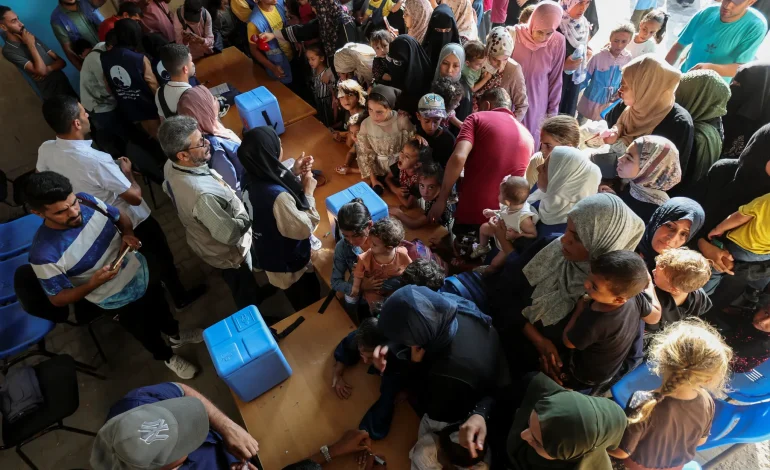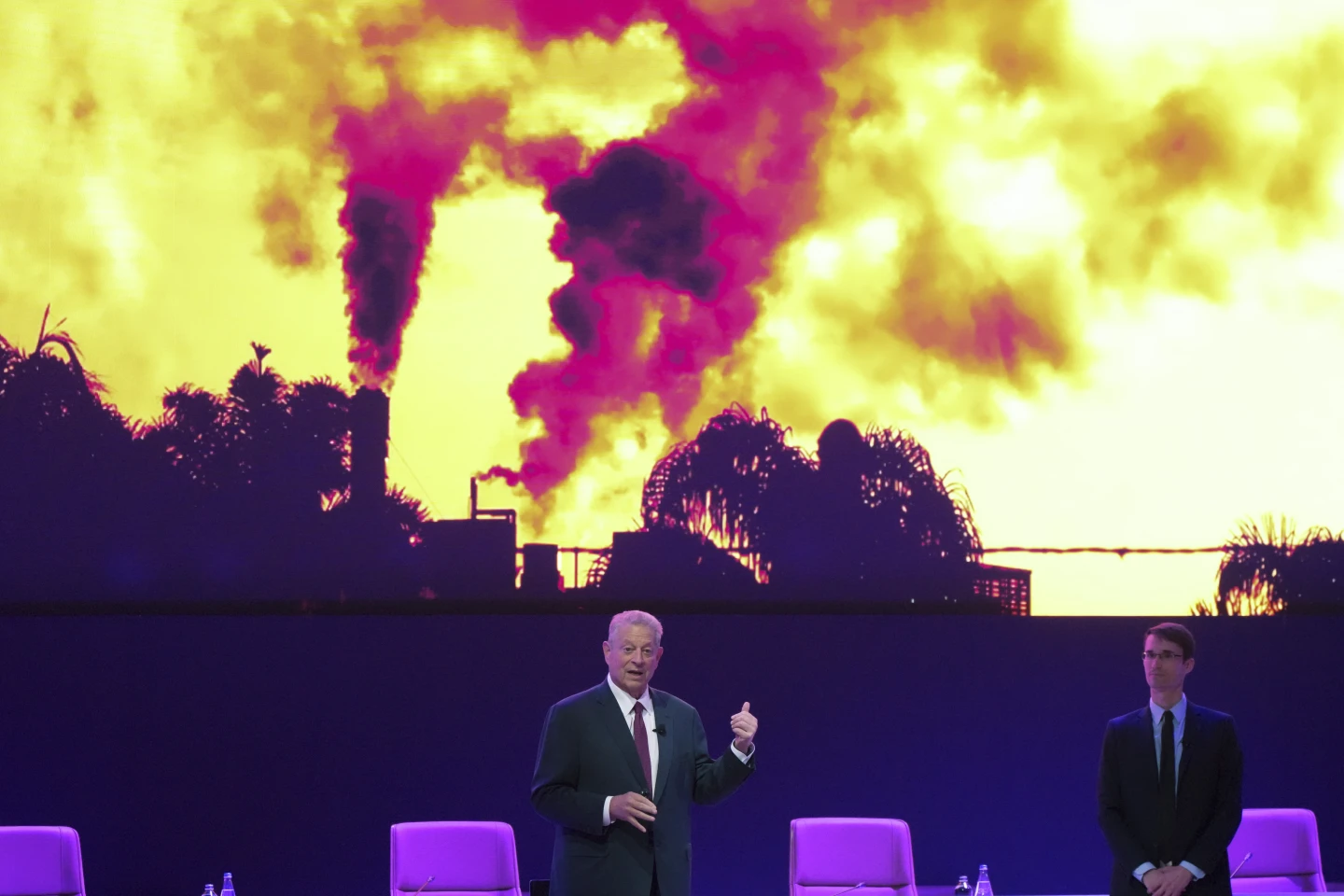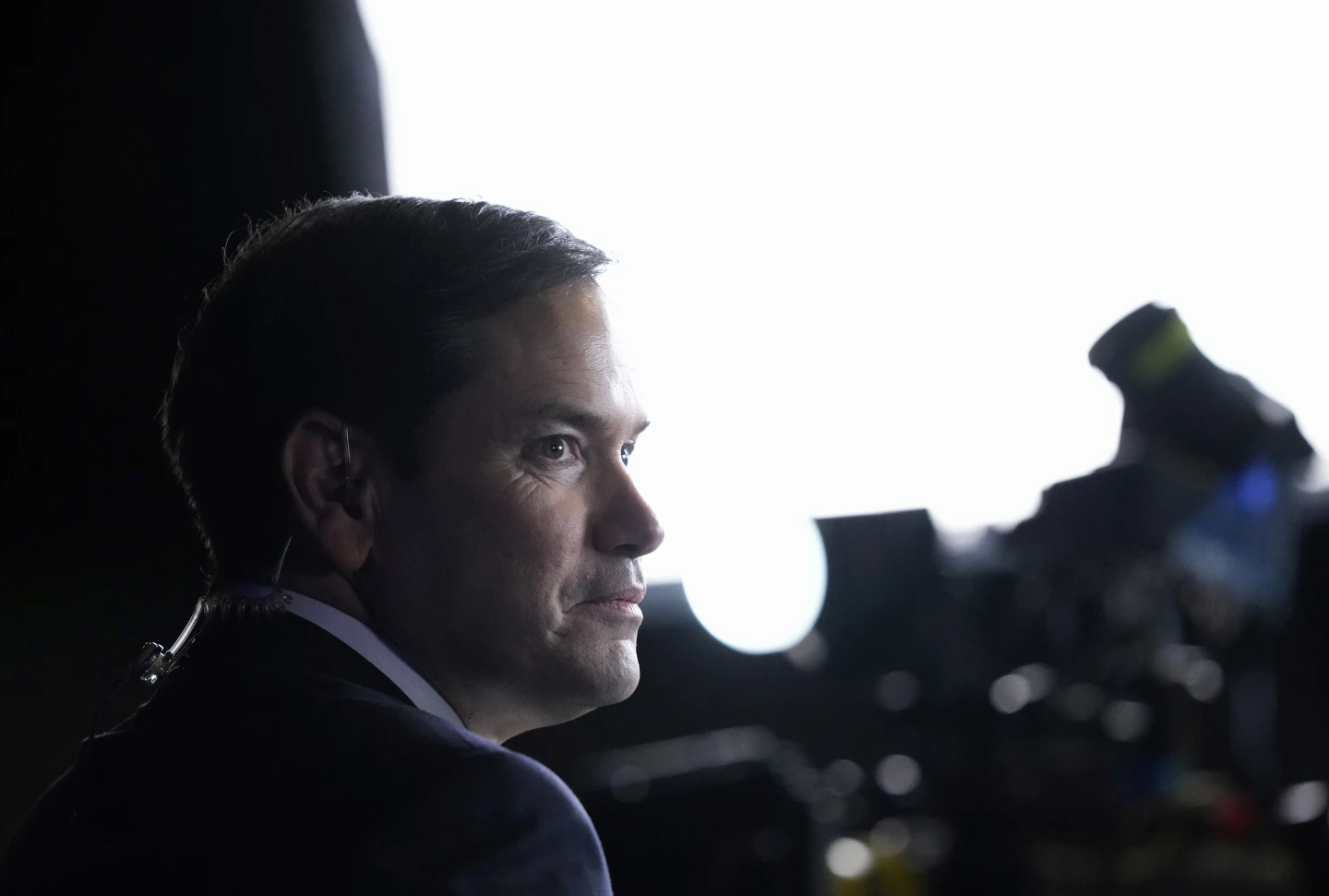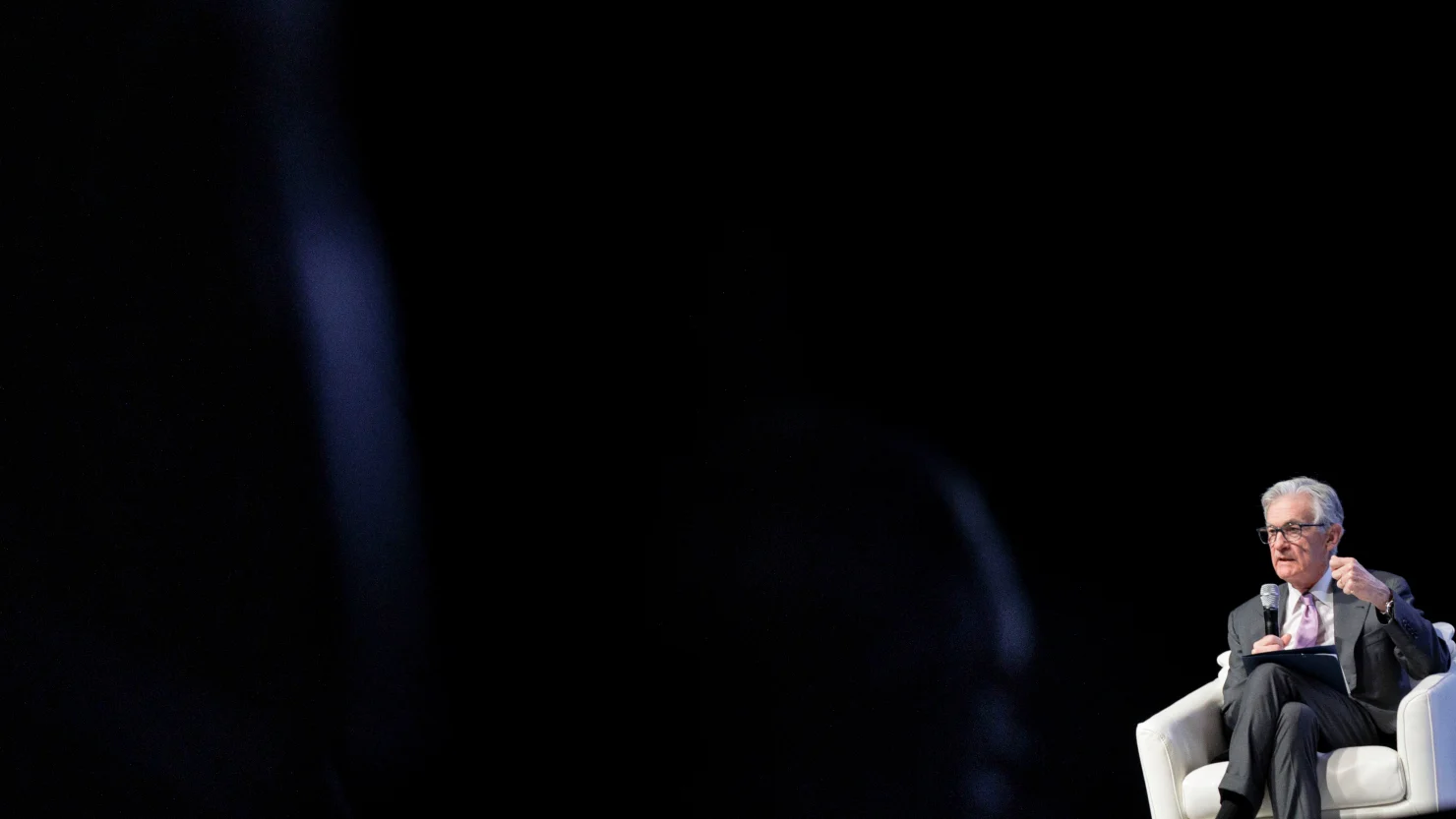Gaza Polio Vaccination Campaign Exceeds Expectations, Says WHO

The World Health Organization (WHO) announced that its polio vaccination campaign in Gaza has surpassed initial goals, providing vital immunizations to over 160,000 children in just the first two days, the New York Times reports.
The campaign aims to vaccinate 640,000 children in total, protecting them from the spread of the highly contagious disease in the midst of ongoing conflict.
WHO representative Rik Peeperkorn described the success of the campaign as “better than expected” and praised the dedication of health workers who have faced significant challenges. “It’s going well,” he said via video link from Gaza, highlighting an “almost festive” atmosphere as families gathered to have their children vaccinated. Despite the conflict, Israel agreed to pauses in airstrikes in certain regions to allow the vaccination efforts to proceed safely.
The campaign began in central Gaza, where teams have already vaccinated 161,030 children, surpassing their goal of 150,000 for that area. Next, the effort will move to southern Gaza, targeting 340,000 children, before concluding in northern Gaza with the aim of reaching 150,000 more.
The WHO, along with partner agencies, hopes to vaccinate 90% of Gaza’s children under 10 years old to prevent the spread of polio. The vaccination campaign is crucial as Gaza faces a rise in infectious diseases due to unsanitary conditions caused by the ongoing war and the destruction of health care infrastructure.
Medical workers have faced significant obstacles, including ensuring safe access to vaccination sites and maintaining the cold chain for vaccines despite frequent power outages and fuel shortages. The success of the campaign relies on temporary pauses in fighting, which have been honored by both Hamas and Israel, allowing families to reach vaccination centers.
Local residents have welcomed the brief pauses in conflict. Mohammed Abu Hajar, a father from central Gaza, expressed relief, saying the calm allowed him to move about safely and vaccinate his two children. However, others like Mazen Abdulwaha, a displaced father, remain cautious. Although grateful for the vaccination opportunity, he voiced concerns about the uncertainty of safety during these humanitarian pauses.








